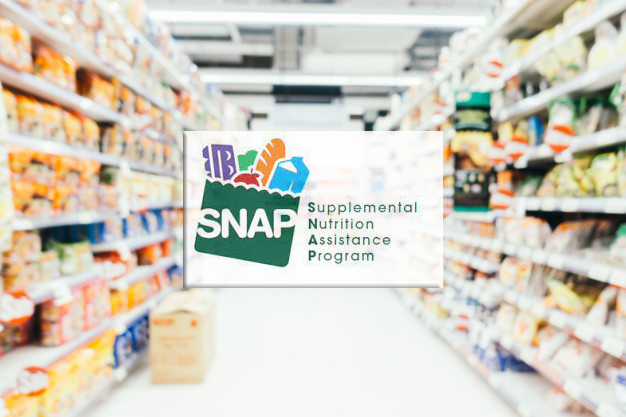
The U.S. Department of Agriculture (USDA) announced yesterday an action to provide $1 billion per month in additional food assistance to an estimated 25 million people in very low-income households that are participating in the Supplemental Nutrition Assistance Program (SNAP) and struggling to put food on the table due to the pandemic.
The USDA says that starting this month, households that had not received at least $95 per month in increased benefits through emergency allotments during the pandemic – because they were already at or close to receiving the current maximum benefit – will now be eligible to receive additional benefits. Benefit levels will remain unchanged for households that have been receiving increased payments of at least $95 per month. States may need a few weeks to update their systems and get the additional benefits to participants.
The estimated increase in total SNAP benefits statewide for Georgia is $38.8 million for 1 month and $232.7 million for 6 months.
“The emergency SNAP increases authorized by Congress last year were not being distributed equitably, and the poorest households – who have the least ability to absorb the economic shocks brought about by COVID – received little to no emergency benefit increases,” said Agriculture Secretary Tom Vilsack. “As part of President Biden’s commitment to deliver economic relief, and ensure every family can afford to put food on the table, today’s actions will provide much-needed support for those who need it most.”
The Families First Coronavirus Response Act authorized emergency allotments to SNAP households to help address temporary food needs during the pandemic. Since the start of the pandemic, USDA has issued about $29 billion in additional benefits, to bring all SNAP households up to the maximum benefit for their household size. Unfortunately, households already at the maximum SNAP benefit received no additional support. Among households that received little to no benefit increase, about 40% have children, 20% include someone who is elderly and 15% include someone who is disabled.


Chattooga Opinions
Medically Supervised Weight Loss: Inside Premier Weight Loss & Medispa

Chattooga Local News
Georgia Power Files Plan for Customer Rate Decrease with Public Service Commission

Chattooga Local Government
Carr Pushes for Permanent Halt of Medicare and Medicaid Funding for Child Sex-Change Procedures

Bulloch Public Safety
02/20/2026 Booking Report for Bulloch County

Bulloch Public Safety
01/26/2026 Booking Report for Bulloch County

Bulloch Public Safety
02/09/2026 Booking Report for Bulloch County

Bulloch Public Safety
02/16/2026 Booking Report for Bulloch County

Bulloch Public Safety
02/02/2026 Booking Report for Bulloch County

Bulloch Public Safety
01/30/2026 Booking Report for Bulloch County





